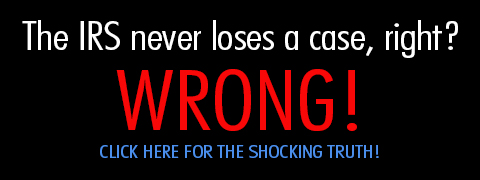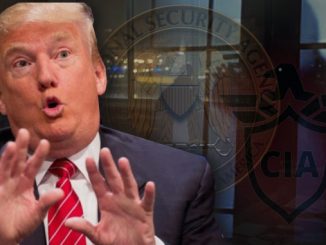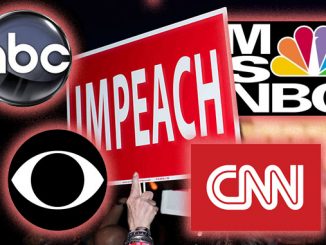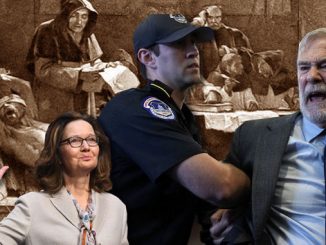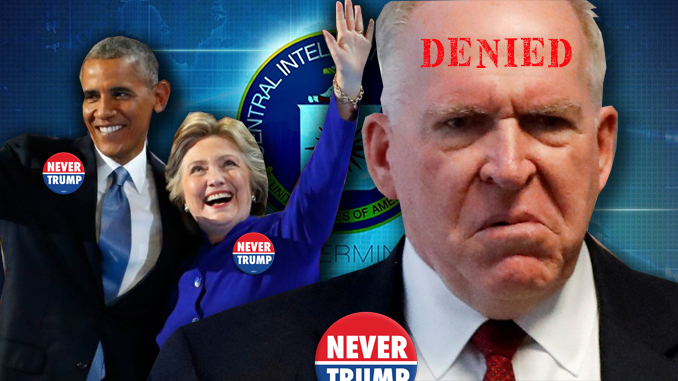
The former CIA director’s security clearance should have been pulled long ago, maintains former CIA analyst Philip Giraldi. President Trump should go a step further, he argues, and pull the security clearance of everyone who no longer has a reason to have it.
By Philip Giraldi
It is quite amazing to watch how the mainstream media and alleged “former senior intelligence officials” are rallying around to defend ex-CIA Director John Brennan, who has had his security clearance taken away by President Donald Trump. It is the usual bit of pretentiously high-minded blather that makes one cringe, considering the questionable track records of the loudest voices being raised to defend a man who actually has no need for a clearance and who, quite possibly, abused his office by working with the Hillary Clinton team and foreign intelligence services to dig up dirt on Trump during the election campaign. Brennan appears to have also been party to an attempt to delegitimize the president-elect even before he took office, in the latter days of the Barack Obama administration.
Consider for a moment how, back in 2013, John Brennan, then Obama’s counterterrorism advisor had a difficult time with the Senate Intelligence Committee explaining some things that he did when he was still working at CIA. He was predictably attacked by some senators concerned over the expanding drone program, which he supervised, over CIA torture, for the kill lists that he helped manage, and regarding the pervasive government secrecy, which he surely condoned to cover up the questionable nature of the assassination lists and the drones.
But the area that is still murky regarding Brennan relates to what exactly he was up to in 2016 when he was CIA director and also, quite possibly, simultaneously working hard to help Hillary become president. In May 2017, his appearance before Congress was headlined in a Washington Post front-page featured article as Brennan’s explosive testimony just made it harder for the GOP to protect Trump. The article stated that Brennan, during the 2016 campaign, “reviewed intelligence that showed ‘contacts and interaction’ between Russian actors and people associated with the Trump campaign.” Politico was also in on the chase in an article entitled “Brennan: Russia may have successfully recruited Trump campaign aides.”
Brennan, an ambitious man with a checkered history who was strongly disliked by his peers at CIA, appears to lack either a moral compass or any sense of restraint. He was still going after Trump well after the election, playing a part in the notoriously salacious Steele dossier, which was surfaced in January just before the inauguration. The dossier included unverifiable information and was maliciously promoted by Brennan and others in the intelligence and law enforcement community. And even after Trump assumed office, Brennan proved to be unrelenting.
The May 2017 testimony by Brennan included this statement: “I encountered and am aware of information and intelligence that revealed contacts and interactions between Russian officials and U.S. persons involved in the Trump campaign that I was concerned about because of known Russian efforts to suborn such individuals. It raised questions in my mind whether or not Russia was able to gain the cooperation of those individuals.”
The testimony inevitably raises some questions about just what Brennan was actually up to. First of all, the CIA is not supposed to keep tabs on American citizens, and tracking the activities of known associates of a presidential candidate should have set off warning bells, yet Brennan clearly persisted in following the trail. What Brennan did not describe, because it was “classified,” was how he came upon the information in the first place. We know from Politico and other sources that it came from foreign intelligence services, including the British, Dutch, and Estonians, and there has to be a strong suspicion that the forwarding of at least some of that information might have been sought or possibly inspired by Brennan unofficially in the first place. But whatever the provenance of the intelligence, it is clear that Brennan then used that information to request an FBI investigation into a possible Russian operation directed against potential key advisers if Trump were to somehow get nominated and elected, which admittedly was a longshot at the time. That is how Russiagate began.
More recently, Brennan has attacked Trump for congratulating President Vladimir Putin over his victory in Russian national elections. He said that the U.S. president is “wholly in the pocket of Putin,” definitely “afraid of the president of Russia,” and that the Kremlin “may have something on him personally. The fact that he has had this fawning attitude toward Mr. Putin . . . continues to say to me that he does have something to fear and something very serious to fear.” And he then administered what might be considered the coup de main, saying that the president should be impeached for “treasonous” behavior after Trump stood next to Putin of Russia at a news conference in Finland and cast doubt on the conclusion of the intelligence agencies that Moscow interfered in the 2016 presidential election.
Trump’s decision to pull Brennan’s clearance attracted an immediate tweeted response from the ex-CIA director: “This action is part of a broader effort by Mr. Trump to suppress freedom of speech & punish critics. It should gravely worry all Americans, including intelligence professionals, about the cost of speaking out.” He also added, in a New York Times op-ed, that “Mr. Trump’s claims of no collusion [with Russia] are, in a word, hogwash.”
But hogwash aside, these claims that Trump is a recruited Russian agent or is being blackmailed by the Kremlin are serious, and Brennan characteristically provided no evidence. As many have noted, he is playing fast and loose with his “security clearance” and CIA background to provide credibility for his remarks, which have to be viewed as politically motivated.
Prior to the Brennan incident, most Americans were certainly unaware that any ex-officials continued to hold clearances after they retired, and the controversy has inevitably raised the question why that should be so.
The media should be asking why Brennan has a security clearance at all. A clearance is granted to a person, but it is also linked to “need to know” in terms of what kind of information should or could be accessed, which means that when you are no longer working as director of the Central Intelligence Agency you don’t necessarily need to know or have access to classified information.
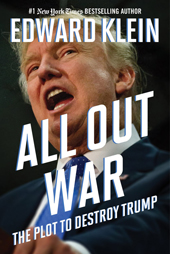
If you are allowed to keep your clearance it is a courtesy, unless you directly transition into a directorship or staff position of a major intelligence or security contractor, which many retirees do. If that is the case, you might need to retain the qualification for your job, which makes the clearance an essential component in the notorious revolving door whereby government officials transit to the private sector, double dip with a large salary on top of their substantial pensions, and then directly lobby their former colleagues to keep the flow of cash coming.
The real problem arises when former officials, like Brennan, use their clearances as bona fides to enhance their marketability for non-clearance jobs in the media or corporate world, particularly when those individuals are criticizing current government policies and behaving in a partisan fashion.
So was Trump justified in taking away Brennan’s clearance? Absolutely. And going one step farther, he should take away all the clearances for all former government employees who are no longer working on classified issues. They don’t need them, and it is a courtesy that has outlived any usefulness it might once have had in the days before America’s intelligence and law enforcement agencies became politically compromised.
Philip Giraldi is a former CIA counter-terrorism specialist and military intelligence officer and a columnist and television commentator. He is also the executive director of the Council for the National Interest. Other articles by Giraldi can be found on the website of the Unz Review.

